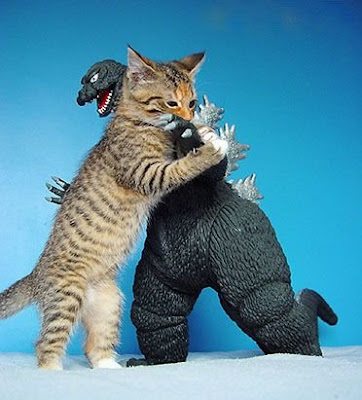Superman is a great image. He's really difficult to get a handle on, while being remarkably simple.
Superman, famously created by two small, awkward, and Jewish young men. Superman, who has been decried for decades for being dull, "goody goody," and one-dimensional.
I was one of those people. I devoured comics with a voracious appetite for my entire childhood, but I never owned a single Superman comic until my 30s. I just didn't care. He didn't seem to have the depth and humanity that I wanted from my super-people, and I ignored him. My childhood especially was the age of gritty, "real" characters. Even super campy and absurd Batman became dark and serious. I loved the X-men, Spider-Man, the Marvel heroes who seemed so like me. Only, you know... superhuman and powerful and stuff. But otherwise!
Sadly, I didn't get Superman. Because Superman's appeal is exactly that he isn't normal. He's a classic aspirational hero, someone who you look up to and wish to emulate. He's not someone who has relatable flaws and weaknesses- though he sometimes does. He's distanced from humanity by the fact of his nature, but he's an ideal to strive for nonetheless. He's our collective wish that we grow better, that we become great. He's that imagined self inside of us that walks to the ledge to help the sick girl.
I avoided superhero comics for many years. The male power fantasy irritated me. The characters I loved were still shallow, simple caricatures of real people. Actual human problems were occurring, making me ashamed of the ludicrous problems playing out on paneled pages.
But I forgot one thing, and that one thing drew me back to comics as an adult- The stories reflect our human stories. They are out-sized, silly or absurd. But they're humanity writ large. They're our aspirations and dreams. They're our fears and pains in our heads that force us to the edge, and the heroes in our hearts that pull us back.




